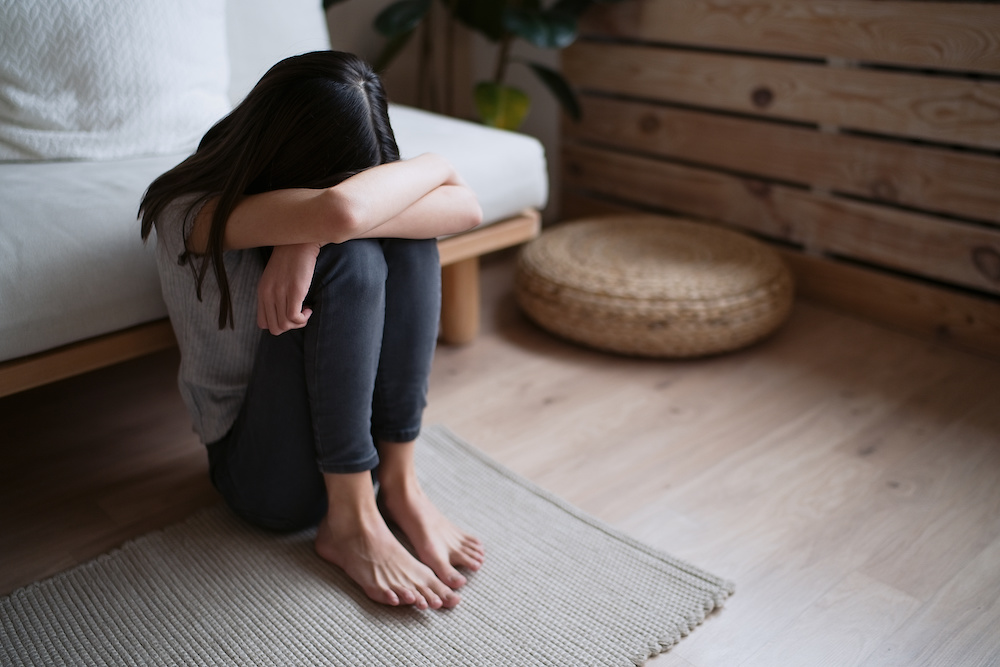According to a report from the Child Mind Institute, anxiety is among the most common mental health disorders that affect children and teens. Furthermore, it is estimated that by the time they turn 18, nearly one in three teens (31.9%) will meet the criteria for an anxiety disorder.
As a parent, it is up to you to recognize the signs and to assist your child in coping with their anxiety. Here are the three most common signs to look out for.
Unstable Emotions
You may expect a teenager with anxiety problems to constantly demonstrate obvious signs of worry and stress. However, this is not always the case. The problem may present with much subtler emotional signs. For example, your teen may come across as a lot more irritable or impatient than usual. Or they might start to have difficulty concentrating on regular activities, such as homework or even just watching television. Frequent outbursts and a general sense of restlessness are all possible signs that there may be something bigger at play than just your run-of-the-mill teenage angst.
Changes in Social Behavior
Due to the fact that a teen’s anxiety is often associated with ‘fitting in,’ there is a good chance that there will be an obvious change in their social behavior as the problem progresses. It might become clear that they are avoiding social situations or extracurricular activities that they used to enjoy. Or they might simply stop talking about their usual circle of friends and spend more time alone in their bedroom.
Physical Symptoms
There are many physical symptoms that accompany an anxiety disorder. For example, you may notice that your teen is complaining about frequent headaches, or they may have started struggling with digestive issues, such as constipation or chronic diarrhea. Other physical symptoms include fatigue, weight gain or weight loss, and unexplained aches and pains.
What to do About It
Contrary to popular belief, anxiety is not something your teen simply has to learn to ‘live with.’ In many cases, debilitating anxiety can lead to even more problems with mental health, including depression. Anxiety, if left untreated, can even contribute to suicidal thoughts in teens. The best way to support your teen is to help them find the help that they require to get their anxiety under control and learn how to manage it day to day. Luckily, if your child is suffering from anxiety that goes beyond the ability of your doctor to safely treat it at home, there are numerous residential treatment centers for teens to choose from.
It can also help to encourage your teen to seek out and join various support groups online. Oftentimes, simply finding out that you’re not alone is enough to put a person onto the right track for recovery. Ultimately, the only way to discover for certain how your child is feeling is to start a conversation and listen to what they have to say without judgment. Even if they are not forthcoming to start off with, as long as you persist in a gentle manner, they will likely open up to you in time.
